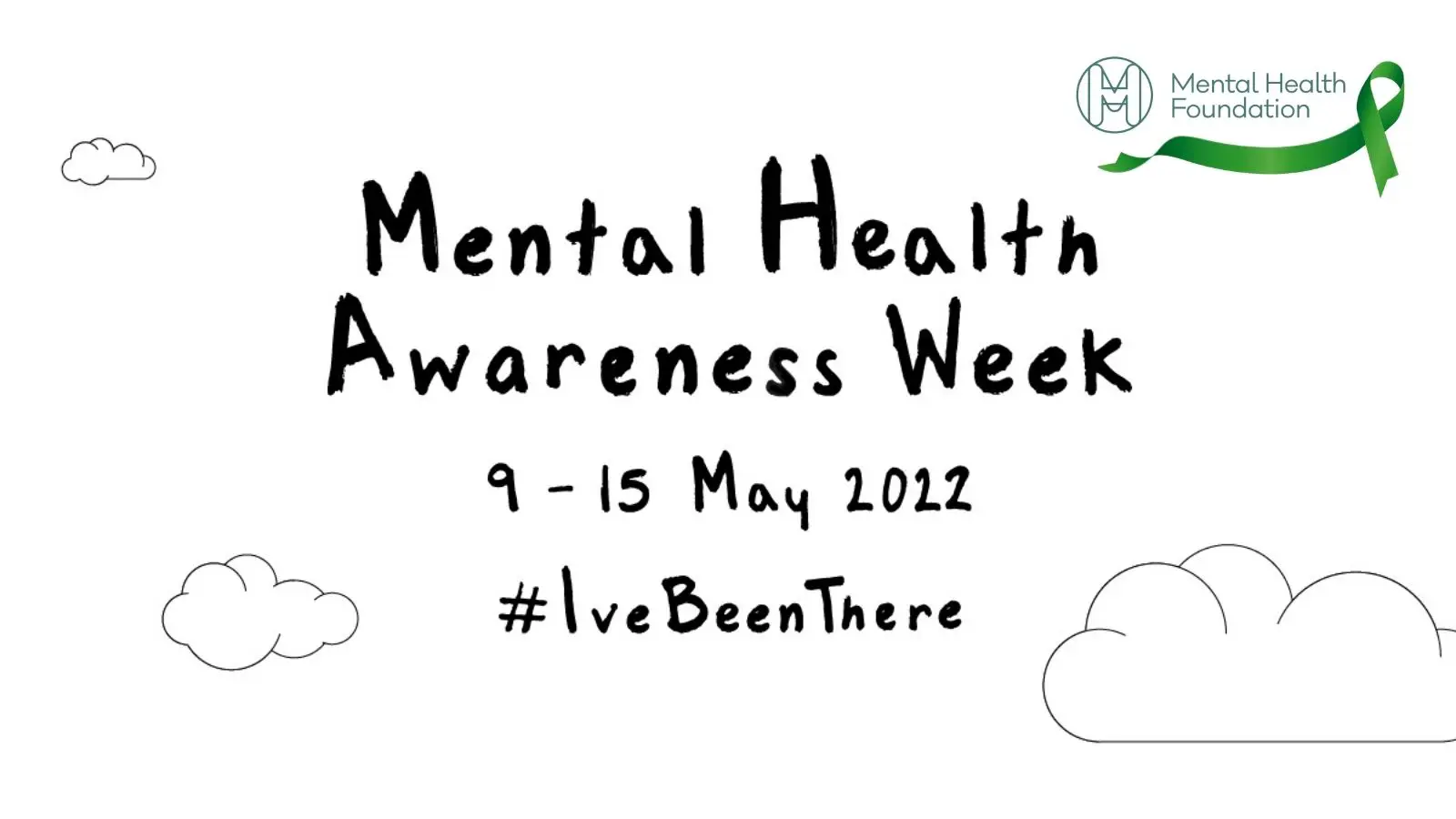
It's Mental Health Awareness Week! The theme this year is loneliness, and it's all about encouraging you to build meaningful connections with your friends, family, colleagues and communities. We've pulled together some resources, tips and advice to support you if you're struggling with loneliness:
It can sometimes be hard to know where to start when trying to make connections with people. Here's some suggestions to get you started:
It can be overwhelming and a little scary to start a conversation about mental health or loneliness - you might be scared to offend someone or not know what to say as a response. This is common but talking is important, so Mental Health UK have created a Conversation Guide to help:
Consider who else is around and can potentially overhear the conversation – if on the phone or online, could you use headphones to allow for greater privacy? Ask them: where would you like to talk?
Offer reassurance that you are there to listen. Try not to multitask, it’s important to convey that you are dedicating your full attention to the conversation.
Ask them “How are you today?” or “I’ve noticed you haven’t seemed yourself lately, how are you feeling?”– Sometimes making it about the present can prevent the ubiquitous “I’m fine” response.
You’re not expected to be an expert. If you don’t know what to say, remember that you don’t need to find an answer, or even understand their feelings. Listening will let them know you care.
Don’t silver-line situations or try to make the person feel better. If someone says they feel worthless and we respond, “No you’re not, don’t be silly” we are invalidating what they have said.
Sometimes we can draw up a story comparing their situation to someone else’s or your own. In some instances, this can show empathy, but it can also sometimes turn into you telling your story rather than listening to them.
If someone says something that isn’t clear and you don’t know what they meant, repeat back what they have said and ask them to explain. Don’t put words in their mouth.
Empathic responses show that you’re trying to see where the person is coming from. Sympathy usually expresses pity, so say something like “That must be awful, I’m so sorry.” Instead of “I’m sorry for you”
Ask: “What do you think would help?” rather than tell them what you think would help. Give information rather than advice. This makes it empowering.
What would help someone or what they want to happen will be different for everyone so don’t try to ‘fix’ or give advice as your first response.
You are not in a position to diagnose a mental illness. This is not your role, even if you’ve gone through something similar yourself.
If you think someone needs additional support, there are lots of resources and support you can signpost them to.
As a first point of call, GPs are the main gateway to further support. Let them know that they can book a double appointment with their GP to discuss their mental health, so they don’t feel rushed. They can request for a family member or friend to attend the appointment with them.
Click here to find support in your local area, or if you or someone is experiencing a crisis.
We work with partner organisations across Merseyside and Cheshire who offer a variety of support services:
Exercise well-being sessions and signposting non-clinical wellbeing services
Call: 07521 453 600 or email: Info@nbil-community.org
Providing social, educational and health programmes and activities to the community
Call: 0151 734 3843 or email: info@alghazalicentre.co.uk
Practical support and opportunities to socialise
Call: 0151 260 1297 or email: l6centre@aol.com
Supporting local residents with Health, training and community activities
Call: 0151 288 8400 or email: receptionist@thebreckfieldcentre.com
Younger and older neighbours supporting one another with loneliness
Call: 0151 659 1789 or make an online referral
A local group of friendly residents in Sandbach who are passionate about supporting each other’s wellbeing and helping to reduce social isolation through a number of fun and engaging activities at Union Street Community Centre.
Call Susan on 07875 542 974
Run by a local resident in Congleton, peer support helps people to use their own experiences to help each other. This group is open to local parents who are keen to receive support, share experiences and improve their confidence, help reduce isolation and wellbeing.
Call our Engagement Team on 0800 169 2988.
Fun and engaging healthy lifestyle activities to help improve the health and wellbeing of residents in a safe and engaging environment which also helps to combat social isolation.
Call 0808 164 3202
Our partners Community Shop use surplus food to do much more than feed those on the cusp of food poverty. They help to build confidence, give people purpose and nurture stronger communities. They offer a warm and supportive environment to help reduce loneliness whilst improving aspirations and wellbeing through their community café and hub.
Call 01928 759574
We have lots of support available for you if you're struggling with loneliness or mental health. We have a dedicated Welfare Team to help with money or rent worries - you can email them here.
We also have our Loneliness Champions to support you if you're struggling - you can email them here.
We're here to help so please reach out to us by calling on 0800 169 2988, dropping us an email or using our live chat service.